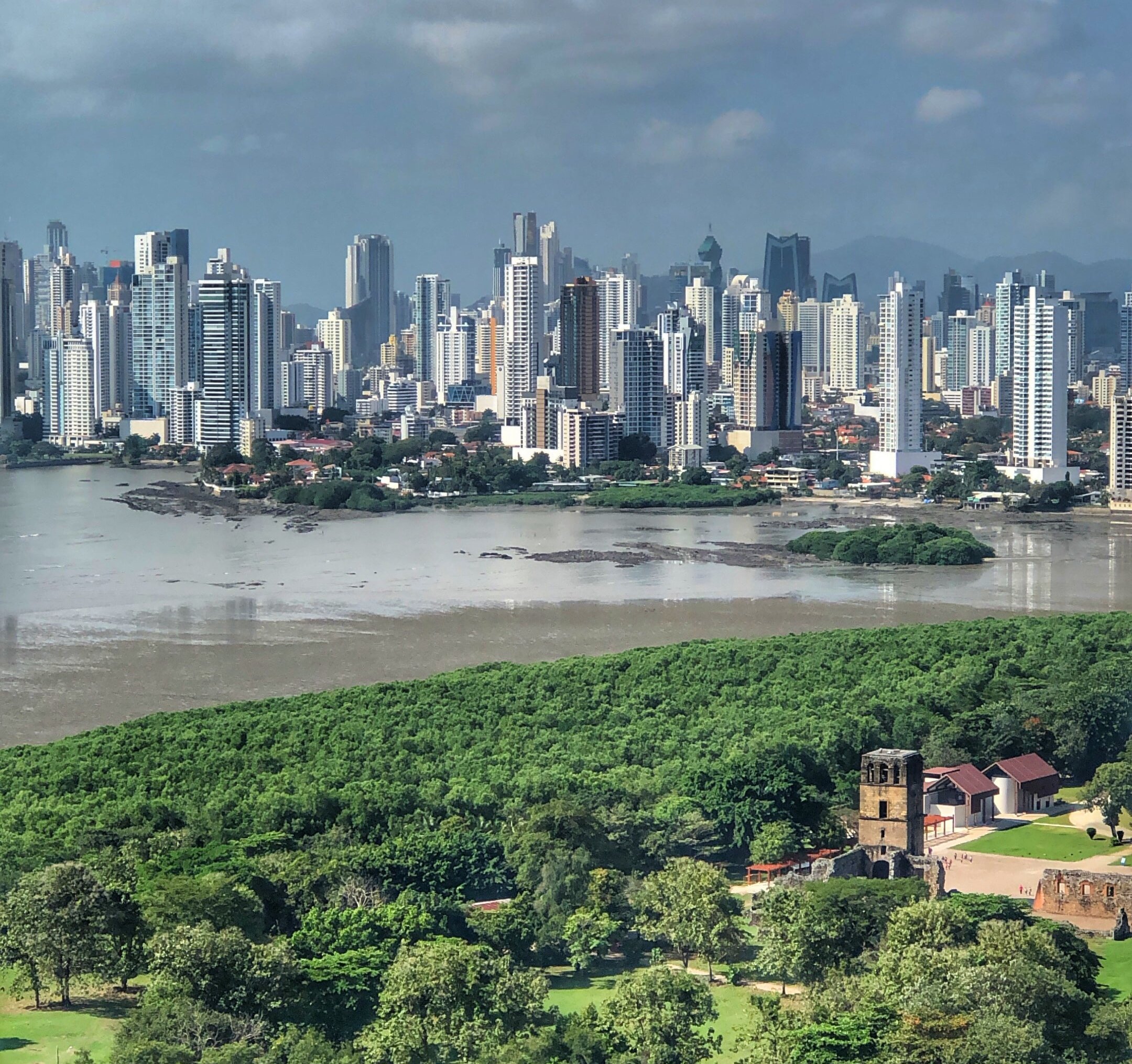
The Municipality of Panama City in Panama, supported by a pool of Dutch water experts and the NGO Wetlands International, initiated a multi-stakeholder Water Dialogue to restore trust among flood-affected communities and enhance planning infrastructure (e-g. urban wetland reservoirs in the Juan Díaz sub-district of the city). The Juan Díaz sub-district, which is situated on the Pacific coastline, has been listed as the most flood-prone area in the country and in need of solutions to address foreseen sea level rise. In addition, poorly maintained drainage systems have transformed rivers and creeks flowing through the district into urban garbage dumps. Discussions on who is responsible for these environmental problems were controversial and resulted in a standstill, hindering any action to tackle the underlying problems. The participatory process described here aimed to enable a constructive dialogue on the root causes of the issues. The process ultimately also led to the development of an action plan that proposes an integrated set of gray and green measures to reduce flood risk, including dykes, walls and urban wetland reservoirs (green spaces). Furthermore, it suggested adjustments of regulatory tools and municipal agreements to enhance long-term nature-based water management in the area. The Water Dialogues served as an innovative instrument to enable exchange between different stakeholder groups with diverging interests and to find a common ground that can inform water governance and management in the district, but also in Panama city as a whole. This enabled a shift from a ‘discourse’ of blaming others into a constructive process identifying the root causes of flood risk and taking joint action.
